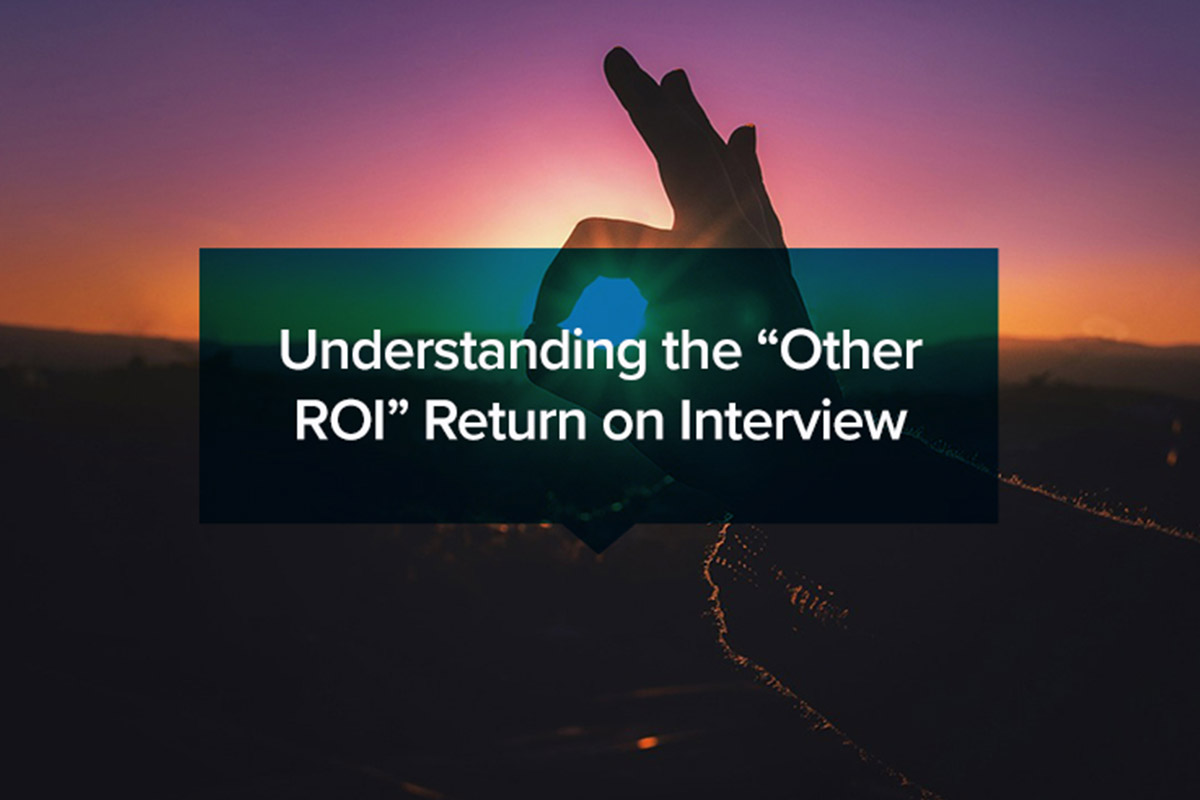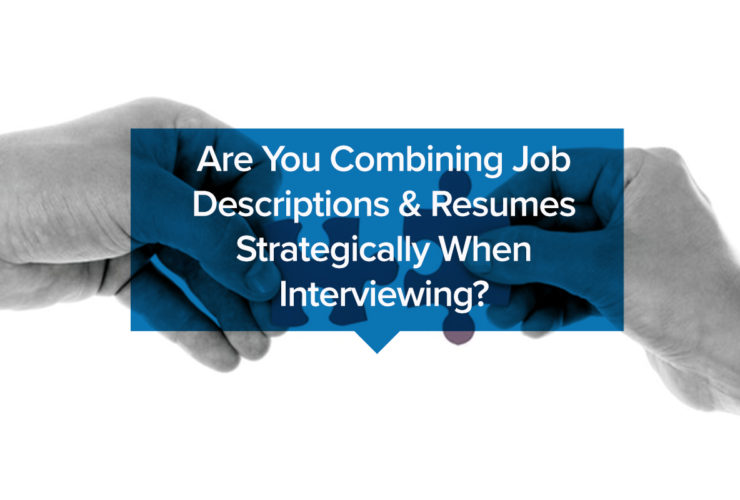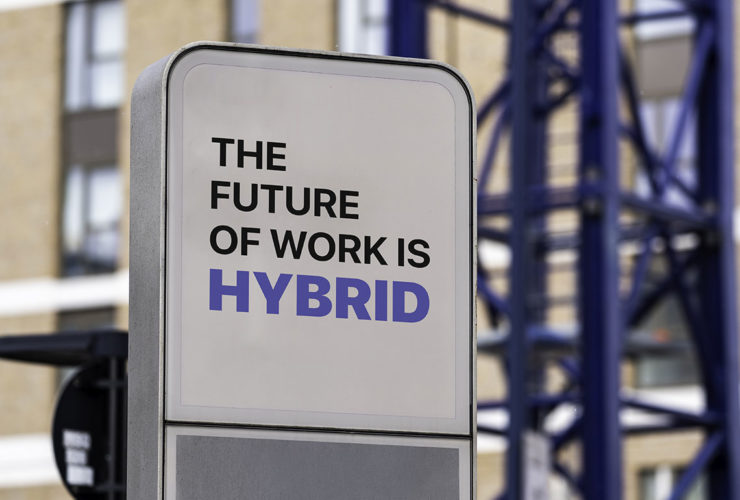You’re almost surely familiar with ROI—return on investment—which is the gain or loss generated by an investment, or action, relative to the cost.
Today we provide an introduction to the ROI for hiring—return on interview—a new and exciting concept.
What is Return on Interview?
Return on interview is what it sounds like: the gain or loss resulting from a job interview process, relative to the cost.
Here’s the more formal definition: Return on interview is a hiring performance measure that evaluates the effectiveness of an interview and the efficiency of the interviewing process for the candidate, recruiter, hiring manager, and hiring company.
Why is return on interview important? Maximizing return on interview means you are maximizing hiring quality without sacrificing time of hire.
What Do a High and Low Return on Interview Look Like?
Understanding what a high and low return on interview are may not be as easy as understanding what a high and low return on investment are.
To make it clear, you maximize return on interview when a recruiter delivers a shortlist of candidates who are all completely qualified (e.g., education, experience and skill requirements all met) in an efficient time frame. This means the hiring manager gets the candidates when he or she needs them, and can make next-round interviewing decisions without second-guessing the candidates’ qualifications.
ROI drops when candidate quality drops or if there are inefficiencies in the process that result in costly delays. So with low ROI, the hiring manager is wasting his or her time interviewing unqualified candidates—or worse, hiring them—and/or significant delays are resulting in a lengthy time to hire.
How Do You Maximize Return on Interview?
It’s simple: you need a quality hiring process.
In a quality process, everyone who has a role in the process does his or her job promptly and properly, and the candidate moves efficiently between each stage.
This means:
- The hiring manager quickly identifies the right job and candidate requirements and effectively communicates them to the recruiter.
- The recruiter sources and screens candidates effectively and efficiently. Otherwise, it’s a classic case of garbage in, garbage out.
- The steps between sourcing and candidates being delivered to the hiring manager—background and reference checking, drug testing, assessments, technical interviews (of candidates for tech roles), etc.—are conducted expertly and smoothly.
- HR effectively manages the entire process to prevent unnecessary delays.
What Are the Benefits of a High Return on Interview for the Various Parties?
Everyone involved in the hiring process—the hiring manager, the recruiter, your organization, even the candidate—benefits from a high return on interview.
The Hiring Manager: As a result of a high ROI, the hiring manager saves time and is must less likely to have to deal with the consequences of a bad hire.
The time the hiring manager saves includes:
- Eliminate time spent filtering through resumes of unqualified candidates
- Eliminate time spent interviewing unqualified candidates
- Reduce time spent making interviewing and hiring decisions
The hiring manager is less likely to make a bad hire, and thus avoids consequences—lower productivity, lower team morale, increased training and management time, etc.—that can become major headaches. The hiring manager is also less likely to have to terminate the hire for poor performance and to have to begin the hiring process all over again.
The Recruiter: A high ROI means the recruiter is consistently and efficiently delivering high-quality candidates. Doing so benefits the recruiter’s reputation and career, as well as his or her relationship with the hiring manager. Another positive impact: fewer reopened hiring processes necessitating the recruiter to invest still more time in sourcing and screening candidates. For a recruiter with a staffing agency, an added benefit is the agency is able to maximize revenue because the candidates placed are much more likely to stick with clients.
The Hiring Company: A high ROI means better hiring and better talent.
Better hiring means your HR department isn’t spending time doing orientation and onboarding for bad hires. It also means that if you use multiple rounds of interviews, your internal interviewers aren’t wasting their time discussing jobs with unqualified candidates.
Better talent, of course, means higher productivity, better morale, higher engagement, lower costs, more revenue, and ultimately a stronger, more successful company.







